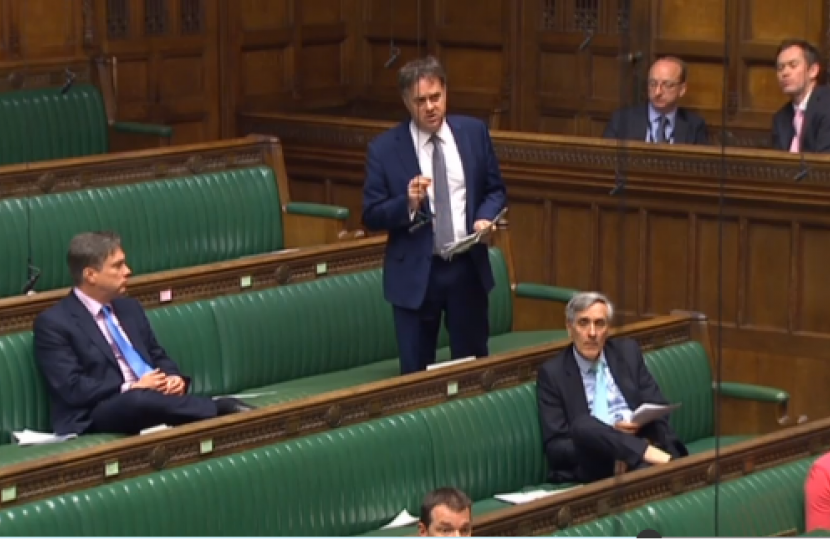
Following the Secretary of State for Transport’s announcement that Virgin Trains East Coast’s contract for operating services on the East Coast Main Line would be terminated on 24 June 2018, Mr Julian Sturdy sought assurances that infrastructure challenges would be addressed going forward.
The Member of Parliament for York Outer noted the unique set of infrastructure challenges on the East Coast Main Line, following the Minister’s statement in the House of Commons, before asking what steps will be taken to address these. Mr Sturdy also sought assurances that the new East Coast Partnership will have the ability to solve these challenges following its establishment.
In his response, the Secretary of State asserted that it was very much his aim before announcing that he would be asking the new board to look at how digital technology can improve signalling on the line.
Addressing the question directly, Mr Grayling added:
“There are not enough train paths, and the way to sort this for the future is by moving to a digital railway. This is one of the areas where we can supplement public investment, of which we’re putting a record amount in the next five years, with private investment that can unlock the potential of digital technology to create even more capacity on our railways.”
Speaking after the statement, the York Outer MP said:
“Whilst I am assured that my constituents will notice very little difference in the day-to-day operation of services following the change from Virgin Trains East Coast to the recreated LNER, it is important that we address the reasons why East Coast have failed in the first place.
Passengers want reliable rail services and they want more of them. Capacity constraints are a consequence of success and it is imperative that we ensure the infrastructure is in place to address these both before and after the creation of the East Coast Partnership.”
